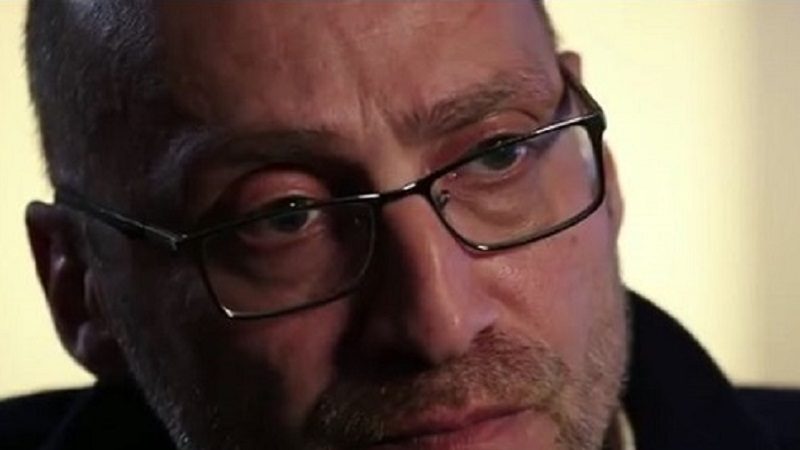Whistleblowers’ reports should be quickly and seriously investigated and sanctions should be issued for those who harass them, family or colleagues, according to a set of recommendations to the EU by the Greens/European Free Alliance.
They should also be free to report both internally and externally and be protected in all fields of EU competence.
The Greens, a political group in the European Parliament, updated their draft directive on whistleblower protection and submitted it to the European Commission, which is working on a new legislative proposal.
In recent months, the Maltese government has refused to grant whistleblower status to former Pilatus Bank employee Maria Efimova and former Financial Intelligence Analysis Unit (FIAU) investigator Jonathan Ferris who sued the government over its failure to provide him with legal protection.
Both have come forward with information on corruption and money laundering involving top government officials, including the Prime Minister’s wife Michelle Muscat, minister Konrad Mizzi and the Prime Minister’s chief of staff Keith Schembri.
Efimova had to resort to courts in Greece to prevent her extradition to Malta because it was unsafe for her to return. The court upheld her request.
In 2012, when still in Opposition, Joseph Muscat had promised to protect whistleblowers. Yet he only protected those who came forward with information on past administrations and they got rewarded with generous direct orders from the government for their trouble. Those who came forward with information related to his administration were instead hounded and discredited.
The Greens/EFA recommendations came following several calls for European legislation on whistleblower protection from the European Parliament, trade unions, journalists, civil society and even European governments.
The need to protect whistleblowers is increasingly recognised at both European and national level. In a recent public consultation done by the European Commission, an overwhelming majority of 96% of respondents agreed that “we need legally binding minimum standards on whistleblower protection across the EU,” the group said.
In their recommendations, whistleblowers should not bear the burden of proof and should not suffer due to their disclosures.
There should be a broad definition of protected disclosure so that whistleblowers can report on wrongdoing and reveal information that is in the public interest. They also should be entitled to compensation and to legal and psychological support.
Both public and private bodies should be obliged to protect whistleblowers and an independent advice and monitoring body should be created.
Two months ago, MEP Francis Zammit Dimech was appointed EPP Group rapporteur on whistleblower’s legislation.
Zammit Dimech will be working closely with the lead Rapporteur Curzio Maltese with whom he collaborated closely in a report on Media Freedom and Pluralism. The proposed legislation will also be scrutinised by the Committee on Legal Affairs in which Zammit Dimech is also a member.
The proposed legislation seeks to establish safe channels for reporting, set new EU-wide standards for protection of whistleblowers and develop mechanisms to protect them against retaliation. The Committee which is responsible for media has been given until early October to prepare its position.












